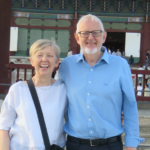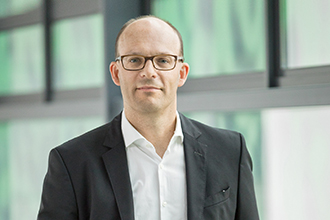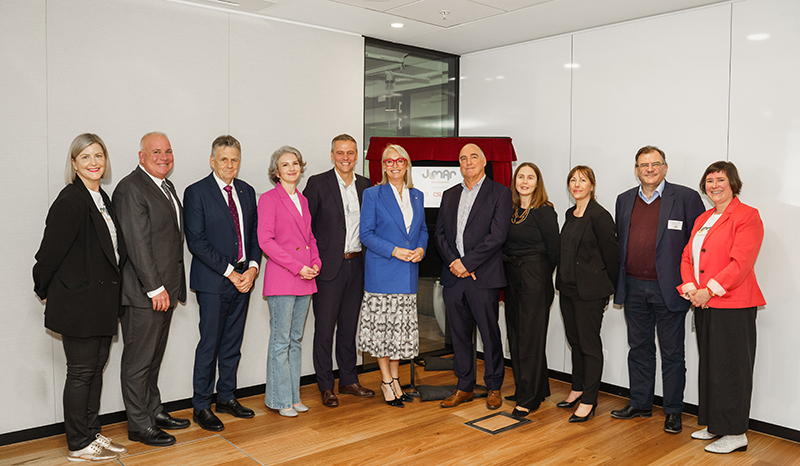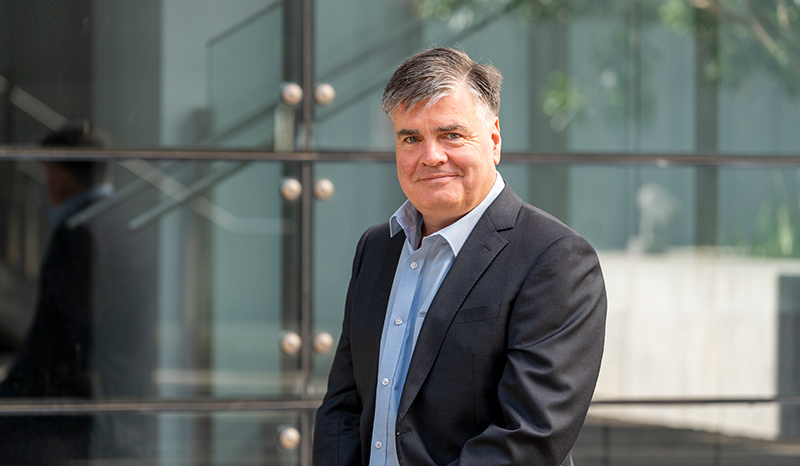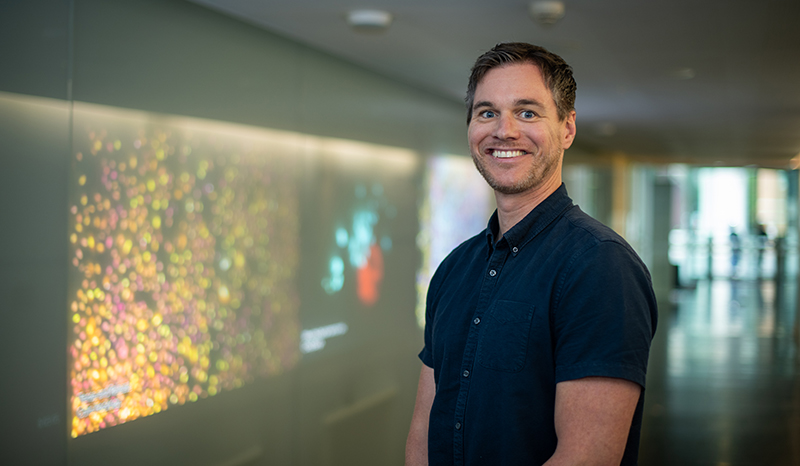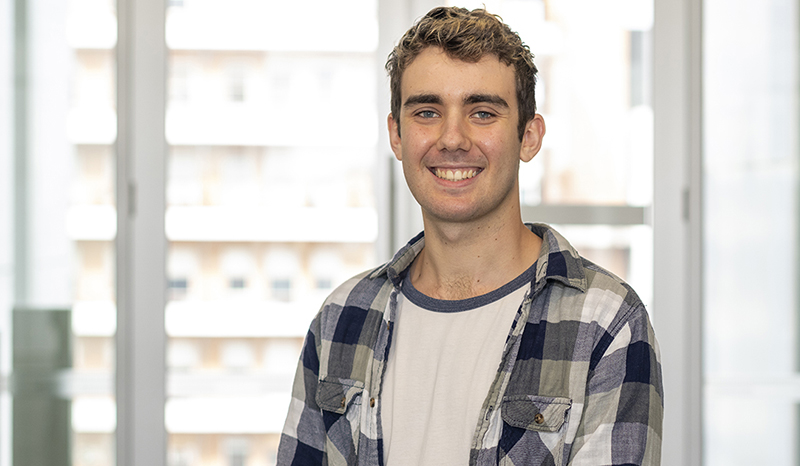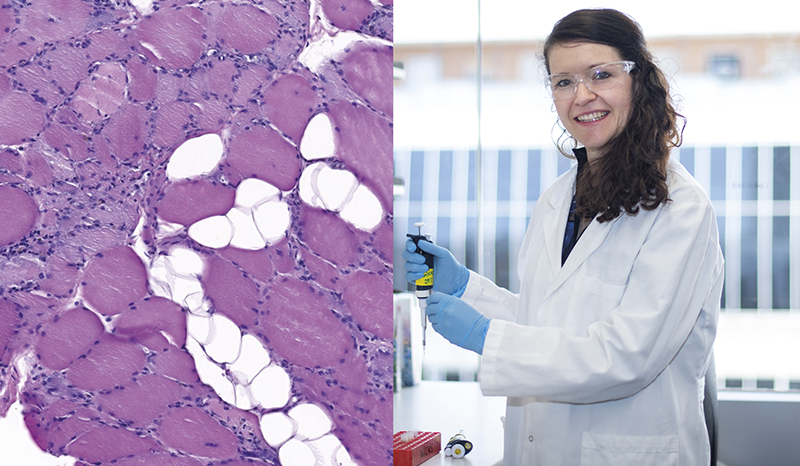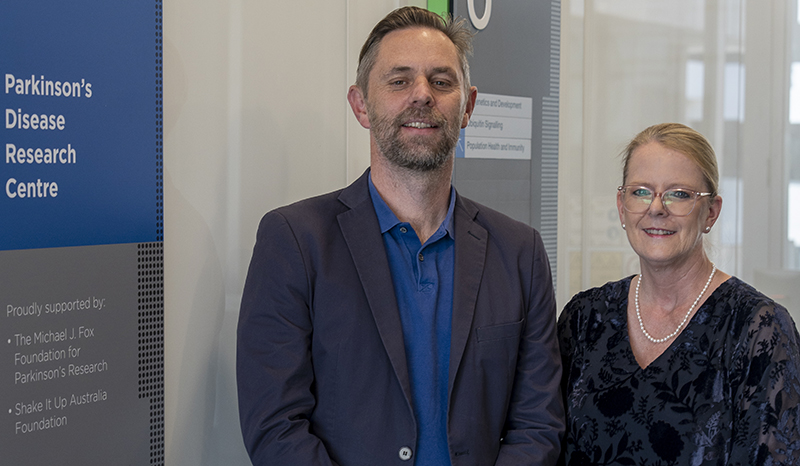John
I was on a research trip in Switzerland in 2018 when I was invited to give a talk at Boehringer Ingelheim, at their headquarters in Vienna. Speaking with the research teams there, we realised there were many shared interests between our organisations, and I was invited back another two times. It was there that I met Darryl, and we immediately clicked. It was a very easy relationship straight away: he’s got a real passion and excitement for his work and a great drive, and we both saw the potential of working together.
This led to us striking an industry-academia collaboration between WEHI and Boehringer Ingelheim to further investigate a family of proteins known as inhibitor of apoptosis proteins (IAPs) and their role in cell death. The partnership combines the expertise of both our organisations in the biology and therapeutic targeting of IAPs, protein degradation and drug discovery for new treatments for difficult-to-treat solid cancers.
Targeted protein degradation is an exciting technology that is gaining momentum globally as a new approach for drug discovery. We believe that through this collaboration, we can apply this innovative IAP-based approach to a number of ‘undruggable’ disease targets that have proven difficult to treat through traditional drug discovery approaches.
Darryl is a visual and creative person who is full of energy and ideas. I, too, like to have a picture in my mind of how molecules like IAPs work, although Darryl is a lot better than me at putting pictures on paper. I think this shared approach to trying to crack scientific problems really helps us connect.

